
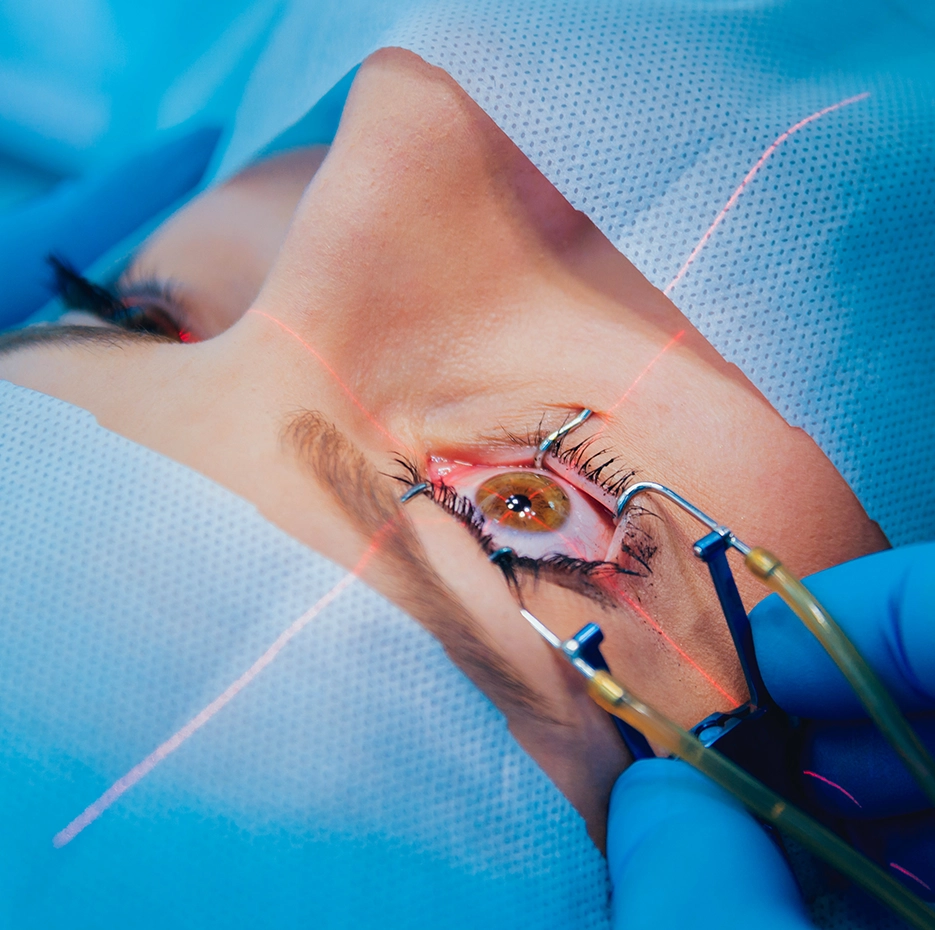
LASIK stands for Laser In-situ Keratomileusis. LASIK Eye Surgery is a type of daycare Laser Treatment that is performed to correct the spectacle power. LASIK Surgery is recommended for correcting Nearsightedness (myopia), Farsightedness (Hyperopia), and Astigmatism.In patients with refractive error, i.e. spectacle power, the rays of the light entering the eye do not focus precisely on the Retina.
Glasses and contact lenses are hence used to precisely focus the light onto the retina so that vision improves. However, without using glasses or contact lenses constantly, the patient cannot view the objects clearly. This spectacle dependency can be a hindrance for day to day activities. Persons who lead a very active lifestyle may particularly find wearing spectacles to be bothersome. Through Lasik Treatment in Arrah, you can remove the specs permanently.
LASIK Treatment can be a safe and effective way to improve your vision in Patna, but careful planning and preparation are essential.



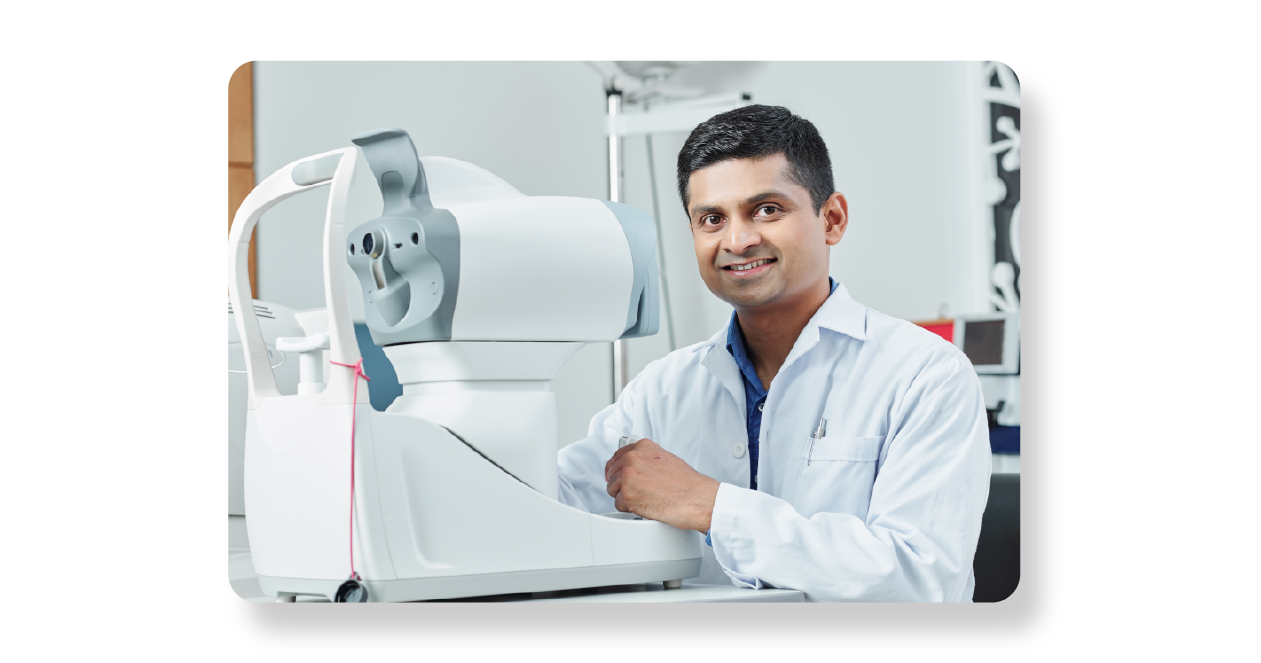

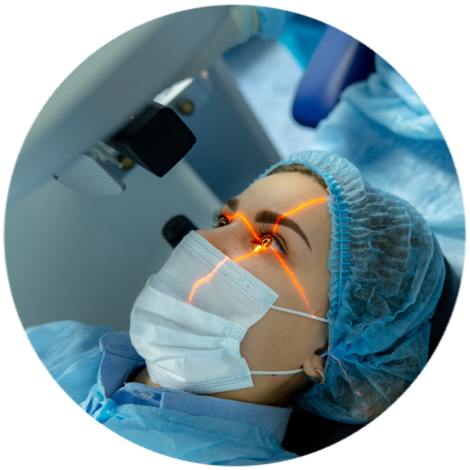

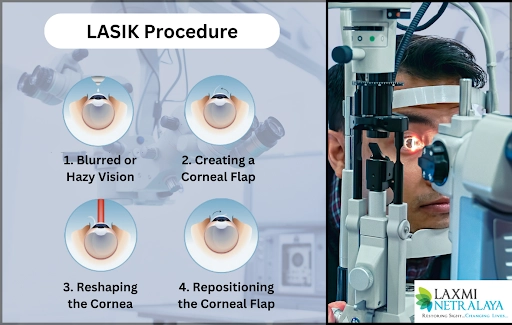
During LASIK surgery, an experienced ophthalmologist utilizes a specialized excimer laser to precisely reshape the cornea. The procedure typically involves the following steps:

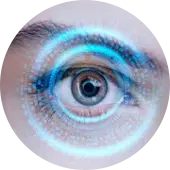

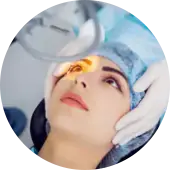
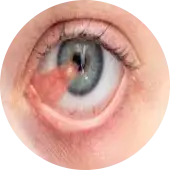

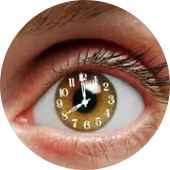
Here are some of the factors that your eye doctor will consider to determine if LASIK is right for you:


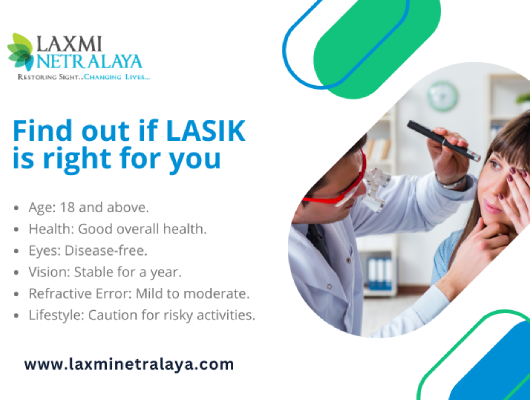

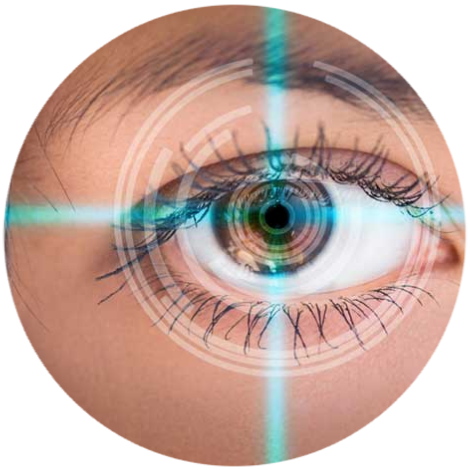
To determine if you are a good candidate for LASIK surgery, you will need to have a comprehensive eye exam with an experienced eye surgeon. During the exam, your surgeon will assess your overall eye health, your prescription, and your lifestyle.
Here are some of the factors that will be considered:

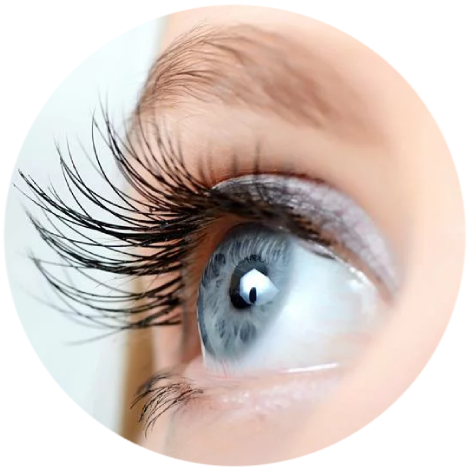

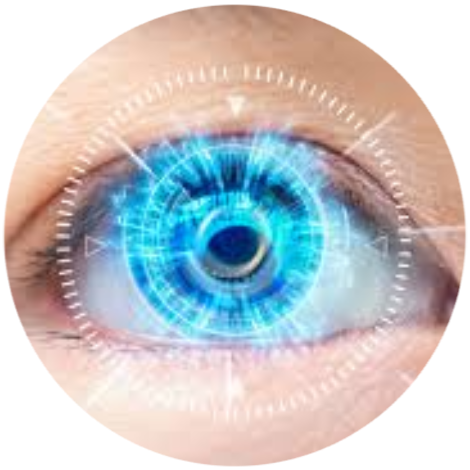
On the day of LASIK surgery, you will arrive at your eye doctor's office early. You will be given numbing eye drops and a sedative to help you relax.




LASIK surgery is a safe and effective way to improve vision, but it's important to choose a qualified surgeon. Here are some tips:

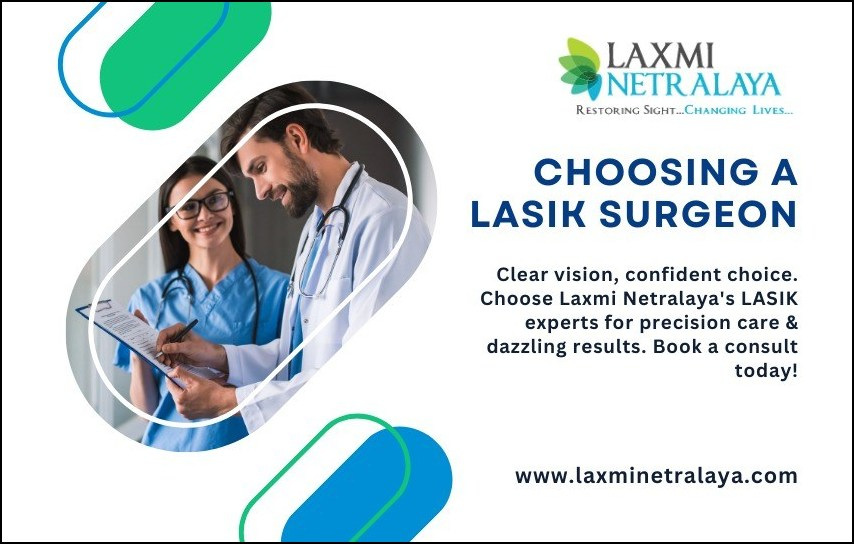

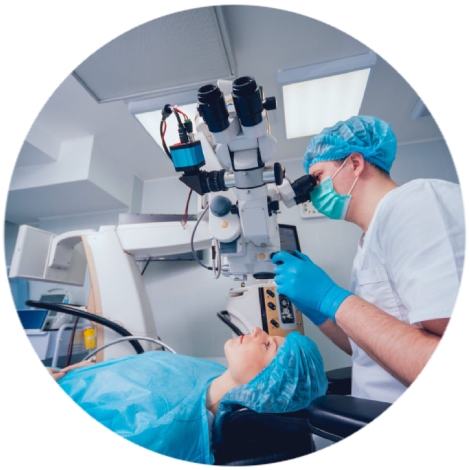
LASIK surgery is a popular and effective procedure for correcting nearsightedness (myopia), farsightedness (hyperopia), and astigmatism. However, it is important to choose a qualified LASIK surgeon to ensure the best possible results. Here are some tips on how to find a qualified LASIK surgeon:
Here are some questions you should ask your LASIK surgeon before undergoing the procedure:



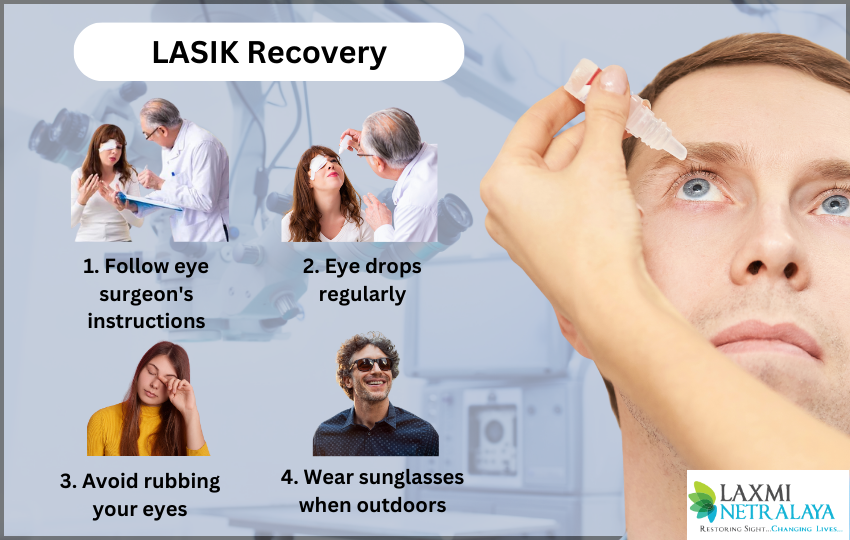

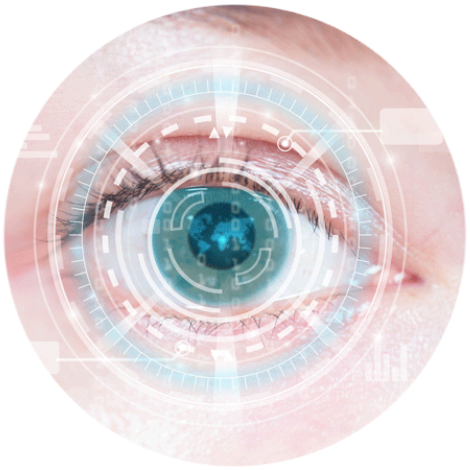


Here are some tips for a smooth LASIK recovery:
The best minds are innovating every day. Particularly, in the healthcare industry, technologies are being invented and refined to make lives healthier. Scientists strive hard to develop surgeries and treatments with fewer risks and better outcomes. Contoura LASIK is one such innovation.
Commonly known as Topography-guided LASIK surgery, Contoura LASIK surgery is one such sophisticated procedure. It is a kind of LASIK procedure that provides better and sharper vision to the patients compared to conventional LASIK. Contoura LASIK eliminates the need for eyeglasses! Most importantly, the 3-step correction method that is employed during the Contoura LASIK procedure ensures extremely accurate and precise quantitative and qualitative eye measurements. Additionally, the laser treatments based on these measurements are what make Contoura LASIK a much superior and safer LASIK procedure.